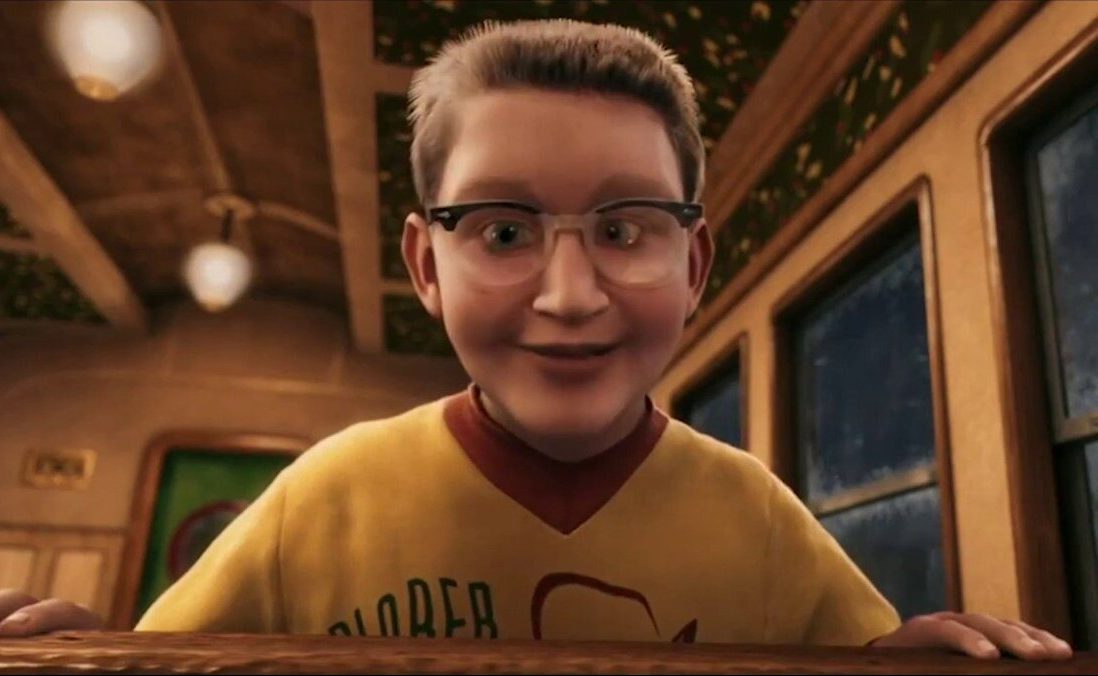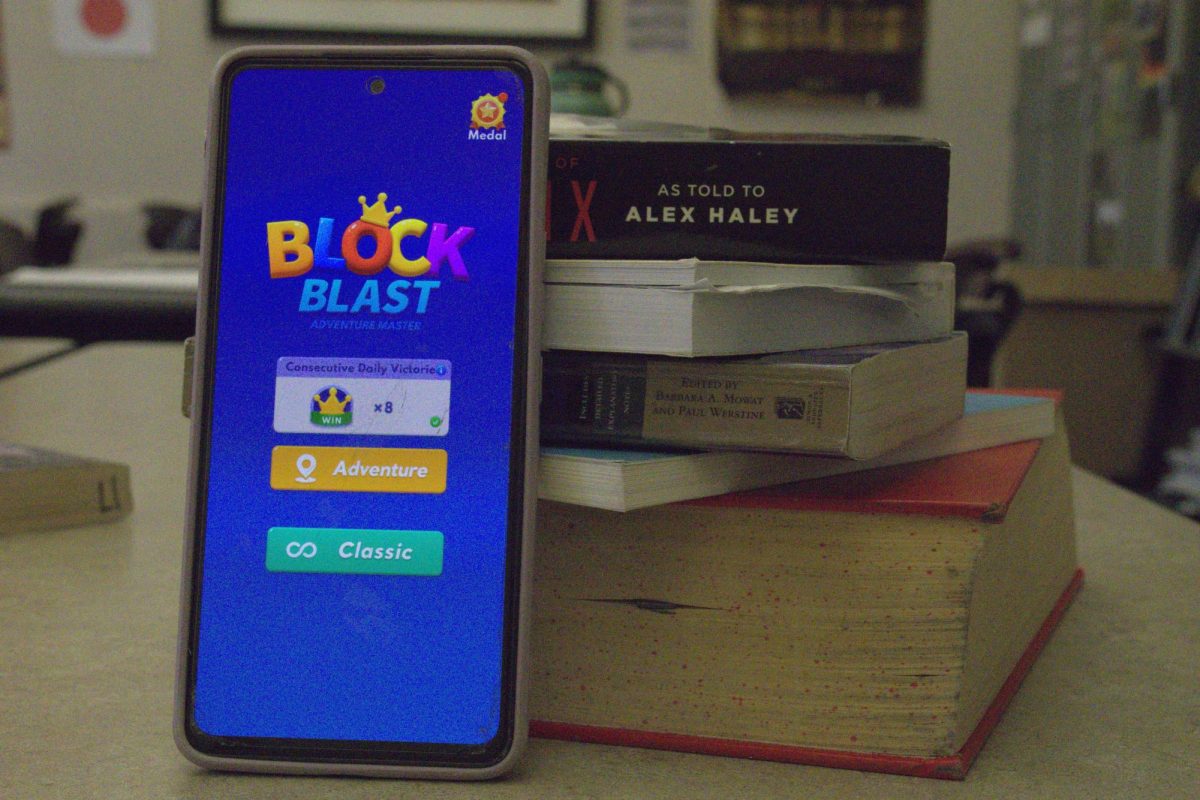Despite the recent ‘uncanny valley’ makeup trend on TikTok, where creators use makeup to make themselves look like humanoid robots, the phenomenon has been around much longer. The phrase’ uncanny valley’ was first coined by Japanese professor of robotics Masahiro Mori in 1970 and has since driven society into a rather uncomfortable state when faced with humanoid robots and media.

It is essential to understand what is happening psychologically when trying to understand the uncanniness behind the phenomenon. Camas High School (CHS) psychology teacher Kristie Stevens described what people experience from the ‘uncanny valley’ as a matter of schema. Stevens explained how humans have a schema for what robots look like and another schema for what humans look like. It is the human brain’s method of categorization. However, with artificial intelligence (AI) assimilating itself into the real world, this self-serving bias that humans possess is disturbed.
“The more human technology becomes, the more uncomfortable we feel,” Stevens said. “It’s disappointing for us not to be the center of the world.”
AI, and more specifically robots, have been created with the intent of moving society forward and helping humans. However, as Stevens described, people seem to see robots as less friendly assistants and more like opponents. With this invasion, people feel pushed by AI and humanoid robots, and there is great cause for concern. CHS senior Abby Von Duering expressed her worry about how the ‘uncanny valley’ is affecting the coming times.
“Everyone has talked for years about what we’ll have in the future [in terms of AI],” Von Duering said. “Now, with what’s happening [with the ‘uncanny valley’ phenomenon], it’s really weird and off-putting.”

CHS senior and AP Psychology student Ann Braskett shares a similar sentiment regarding the ‘uncanny valley’ trespassing against human boundaries.
“When humans are mimicked by a nonhuman source, it’s freaky,” Braskett said. “You feel your essence has been uprooted.”
Commonly feared films, such as “The Polar Express” or even the “Twilight” series, still make people like Braskett uncomfortable. In recent occurrences in the media, such as when AI robots were brought to the September Los Angeles Chargers v. Miami Dolphins game, people like Von Duering grow unnerved, being doused in the anxiety brought by the ‘uncanny valley.’
The ‘uncanny valley’ is not going away, whichever direction society moves. AI will continue appearing in people’s lives, and it is up to the individual to decide how to distinguish between what is human and what is not.
“We separate things into us and them,” Stevens said. “It seems like there’s less of a distance between us and the pretend versions of ourselves. If you can’t tell what’s true, what is the nature of reality?”



































